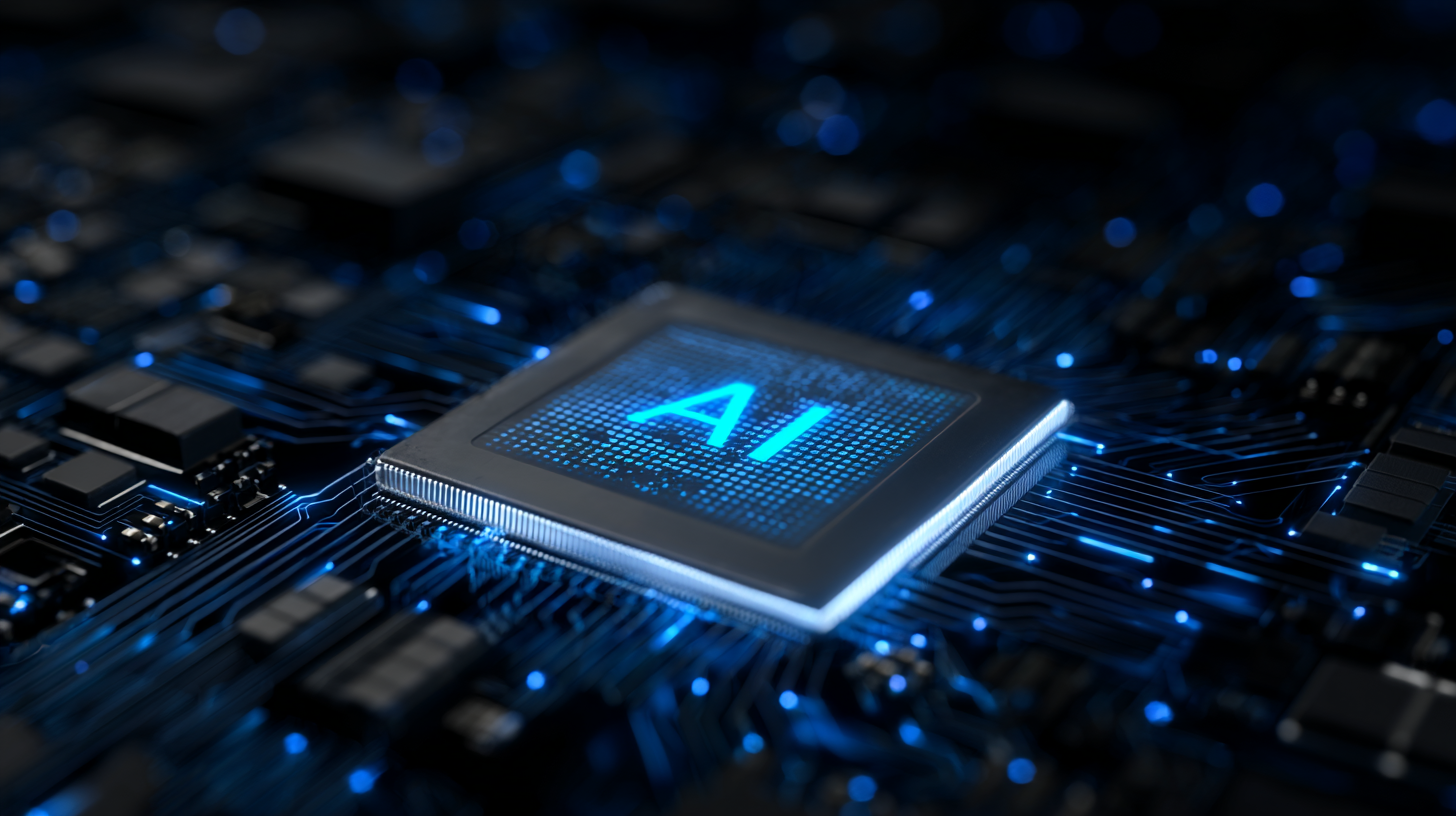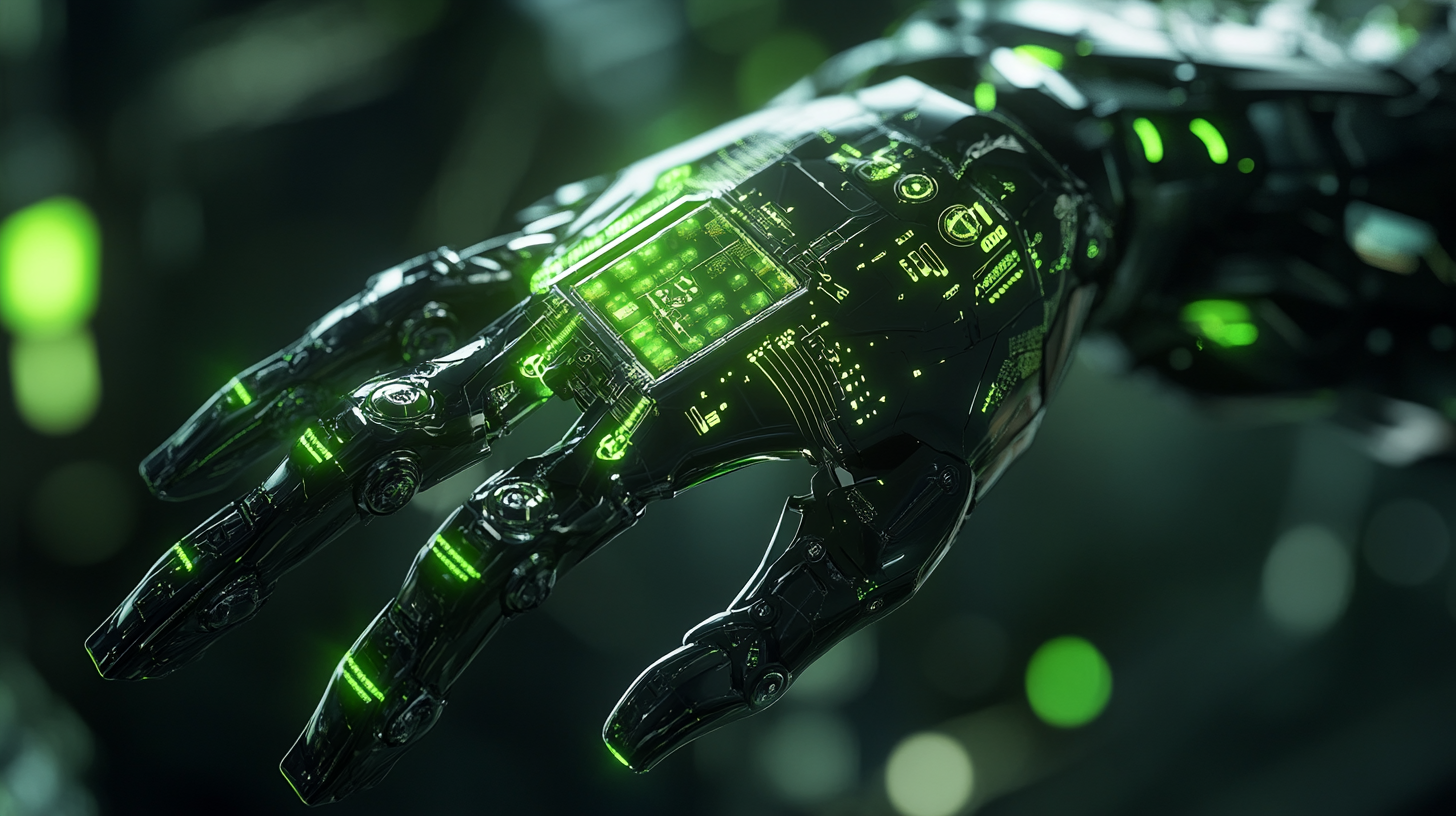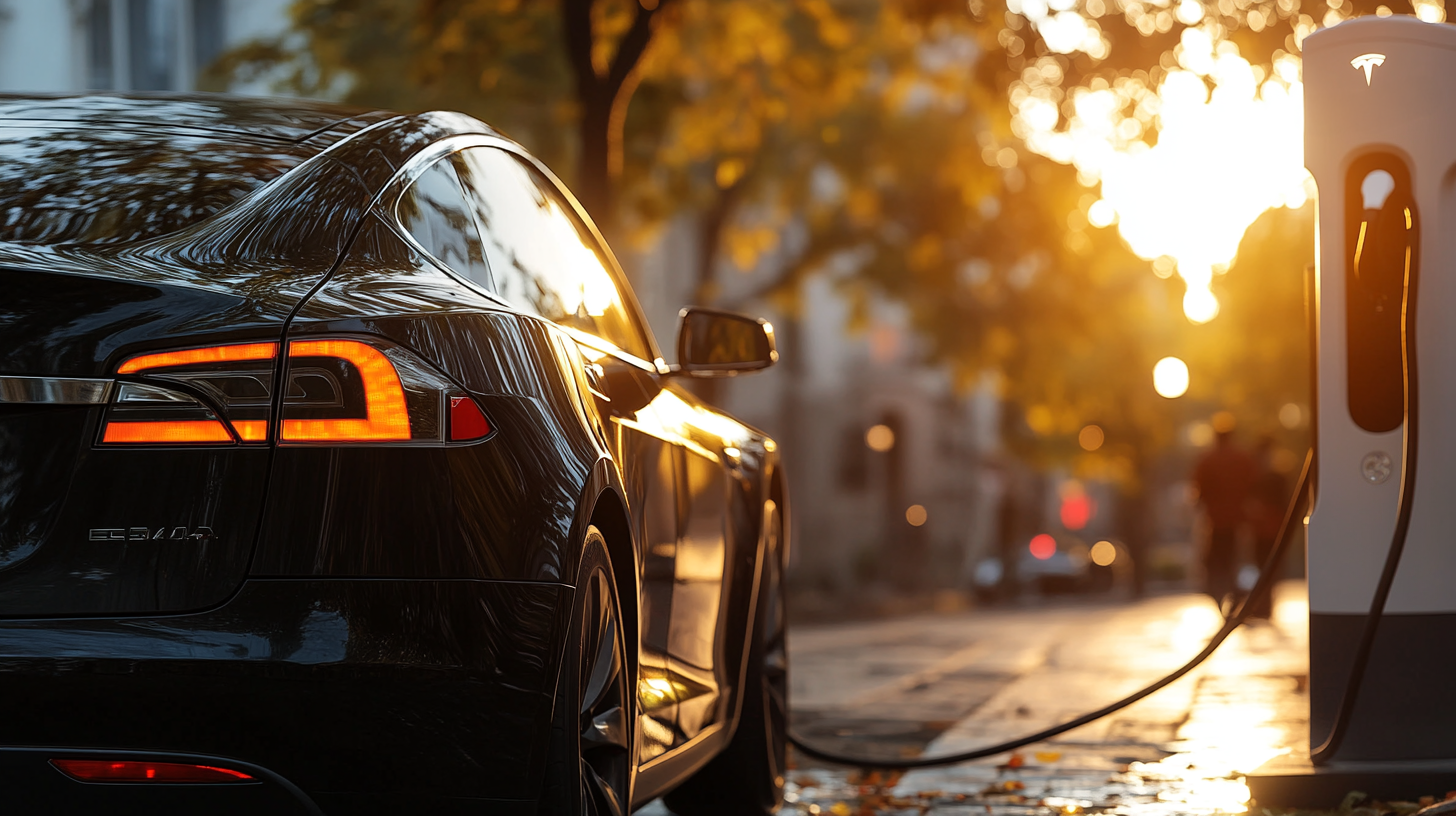In a significant move to advance its artificial intelligence (AI) portfolio, Japan's SoftBank has acquired the UK-based chip designer Graphcore. The acquisition was officially announced on Thursday in a succinct statement from Graphcore's CEO, Nigel Toon, who described the deal as "a tremendous endorsement of our team and their ability to build truly transformative AI technologies at scale, as well as a great outcome for our company."
While the exact financial terms of the acquisition remain undisclosed, industry sources estimate the deal to be valued at approximately $600 million. This amount is notably less than the $700 million in funding that Graphcore is reported to have raised over the years.
Graphcore’s primary innovation lies in its development of "Intelligence Processing Units" (IPUs), which are specialized accelerators designed for AI workloads. These IPUs, coupled with a comprehensive software stack, enable developers to maximize the potential of Graphcore's hardware. The technology has garnered significant attention, particularly in 2022, when Graphcore's devices demonstrated superior performance compared to Nvidia's A100 GPU in certain AI applications and significantly reduced computation time in drug discovery processes.
Despite these technological advancements, Graphcore has faced challenges in achieving financial stability. In 2022, the company reported a revenue decline of 46% year-on-year, amounting to just $2.7 million, while its operating expenses soared to $206.8 million. These financial woes led to substantial job cuts and raised concerns about the company’s viability.
Graphcore's strategic expansion into the Chinese market was hindered by U.S. restrictions on the sale of its products to China. Meanwhile, Nvidia solidified its position as the dominant player in the generative AI infrastructure market, further complicating Graphcore’s competitive landscape.
Nigel Toon remains optimistic about the future, expressing confidence that SoftBank's support will be instrumental in scaling Graphcore's operations. "Demand for AI compute is vast and continues to grow. There remains much to do to improve efficiency, resilience, and computational power to unlock the full potential of AI. In SoftBank, we have a partner that can enable the Graphcore team to redefine the landscape for AI technology," Toon stated.
Vikas J Parekh, Managing Partner at SoftBank Investment Advisers, echoed this sentiment, emphasizing the critical role of next-generation semiconductors and compute systems in the journey towards artificial general intelligence (AGI). "We're pleased to collaborate with Graphcore in this mission," Parekh remarked.
It is noteworthy that SoftBank already holds a majority stake in Arm, a UK-based processor design company. Arm, like many other players in the semiconductor industry, is developing alternatives to Nvidia’s AI hardware and software solutions. Graphcore represents a promising alternative with its proven technical capabilities.
With SoftBank's substantial financial resources and its strategic connections to Arm, there is potential for significant improvements in Graphcore’s financial performance. Additionally, Graphcore's technology could enhance Arm-powered servers, as its products are primarily designed to integrate with third-party hardware.
In summary, SoftBank's acquisition of Graphcore could invigorate the AI infrastructure sector, fostering greater competition and innovation. This strategic move positions SoftBank to play a pivotal role in shaping the future of AI technology.







